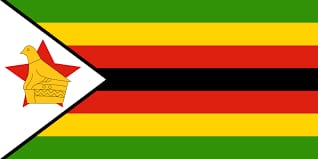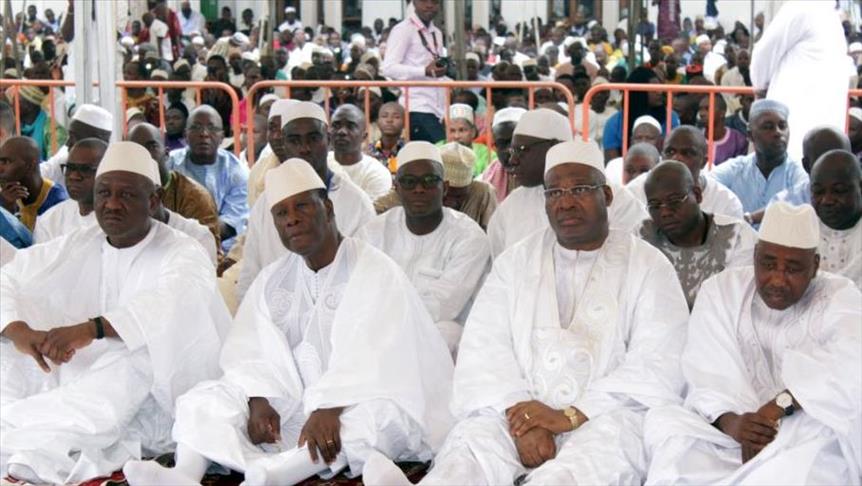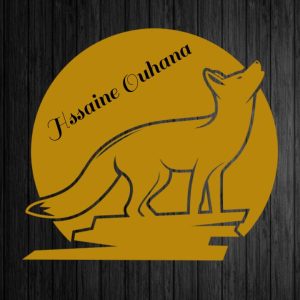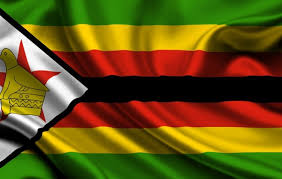Ethnicities of the Zimbabwe people:
Zimbabwe people, until about 2,000 years ago, Zimbabwe was inhabited by the ancestors of the San (Bushmen) people. The Bantu people arrived in the region and developed ceramic production there. A series of commercial empires emerged, including the Kingdom of Mapungubwe and the Kingdom of Zimbabwe. In the 1880s, the British South Africa Company began its activities in the region, ushering in the colonial era in Southern Rhodesia.
After the Lancaster House Agreement of 1979, there was a transition to internationally recognized majority rule in 1980. The United Kingdom granted Zimbabwe its independence on April 18 of that year. In the year 2000, Zimbabwe’s economy began to decline due to various factors, such as economic sanctions imposed by Western countries led by the United Kingdom, and widespread corruption in the government. Economic instability has caused many Zimbabwe people to emigrate. The nation was known by several names prior to its recognized independence under the name of Zimbabwe in 1980 when it was called Rhodesia, Southern Rhodesia, and Zimbabwe Rhodesia.
Zimbabwe independence:
The country gained its official independence as Zimbabwe on April 18, 1980. The government held independence ceremonies at Rufaro Stadium in Salisbury, the capital. Lord Christopher Soames, the last ruler of Southern Rhodesia, watched Charles, Prince of Wales pay his farewell and the Rhodesian Signal Corps played “God Save the King”. Many foreign dignitaries also attended, including Indian Prime Minister Indira Gandhi, Nigerian President Shehu Shagari, Zambian President Kenneth Kaunda, Botswana President Seretse Khama, and Australian Prime Minister Malcolm Fraser, representing the Commonwealth of Nations. Bob Marley sang “Zimbabwe”, a song he wrote himself, at the invitation of the government at a concert as part of the country’s independence celebrations.
At the ceremony, President Chagri pledged $15 million to train Zimbabweans in the country and expatriates in Nigeria. Mugabe’s government used part of the money to buy South African-owned newspaper companies, increasing the government’s control over the media. The remainder was earmarked for training students at Nigerian universities, government workers at the Administrative Staff College of Nigeria in Badagry, and soldiers at the Nigerian Defense Academy in Kaduna. Later that year, Mugabe commissioned the BBC to report on press freedom in Zimbabwe. The BBC released its report on 26 June, recommending that the Zimbabwe Broadcasting Corporation be privatized and independent from political interests.

A new constitution in Zimbabwe:
The new constitution states that the head of state is the chief executive and that the prime minister represents the head of government. Rev. Kanan Banana served as the first president. The government amended the constitution in 1987 to include the position of chief executive and abolished the position of prime minister. The constitutional changes took effect on January 1, 1988, and Robert Mugabe assumed the presidency. The bicameral parliament of Zimbabwe had a directly elected House of Representatives and an indirectly elected Senate, composed in part of chiefs. The constitution created two separate lists of electors, one for the black majority, who secured 80% of the seats in Parliament, and the other for whites and other ethnic minorities, such as people of color, mixed race, and Asians, who held the remaining 20%. The government amended the constitution in 1986, abolishing voter lists and replacing white seats with seats filled by appointed members. Several white MPs joined the Zimbabwe African National Union, which then re-appointed them. In 1990, the government abolished the Senate and expanded the membership of the House of Representatives to include members nominated by the President.



Leave a Reply